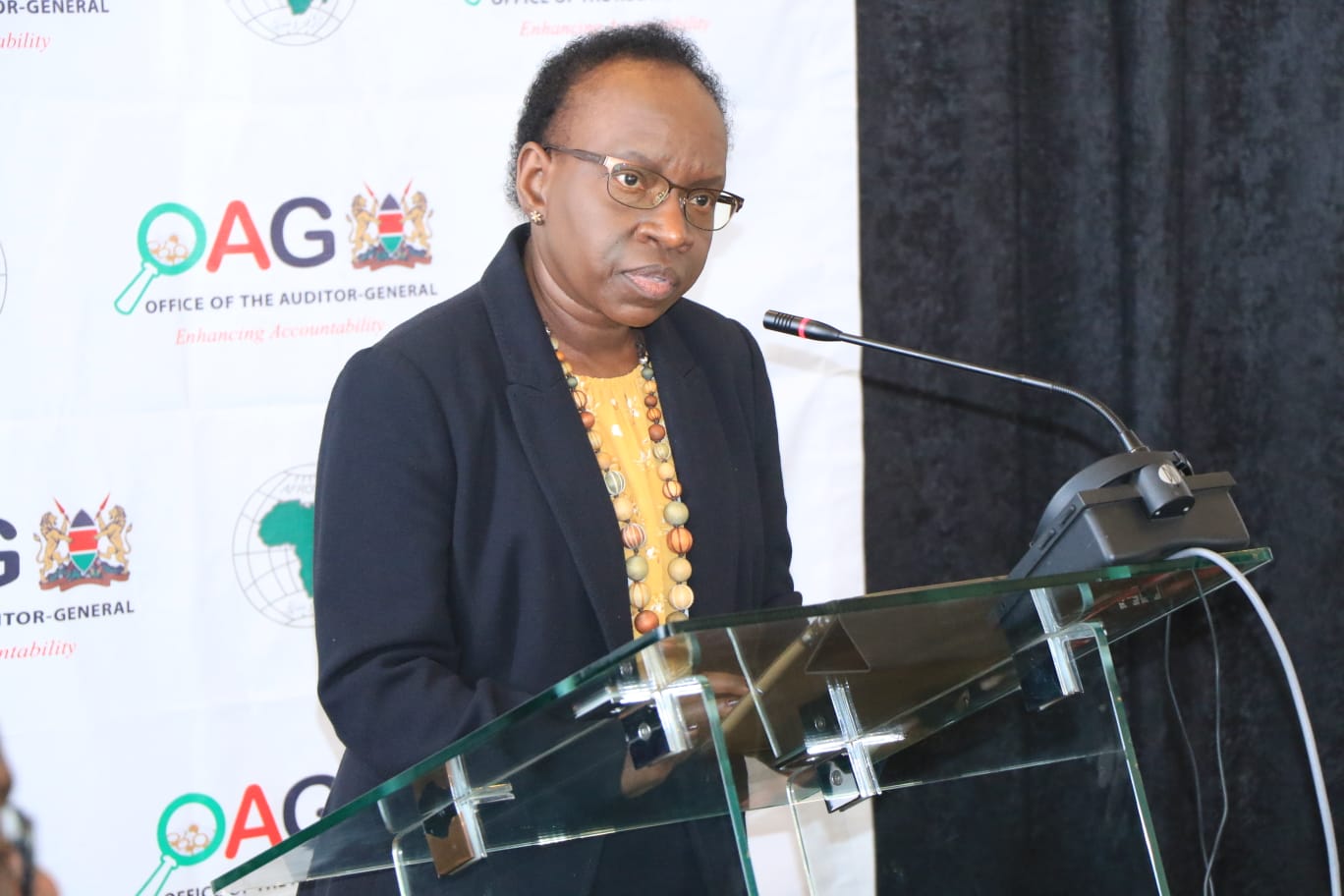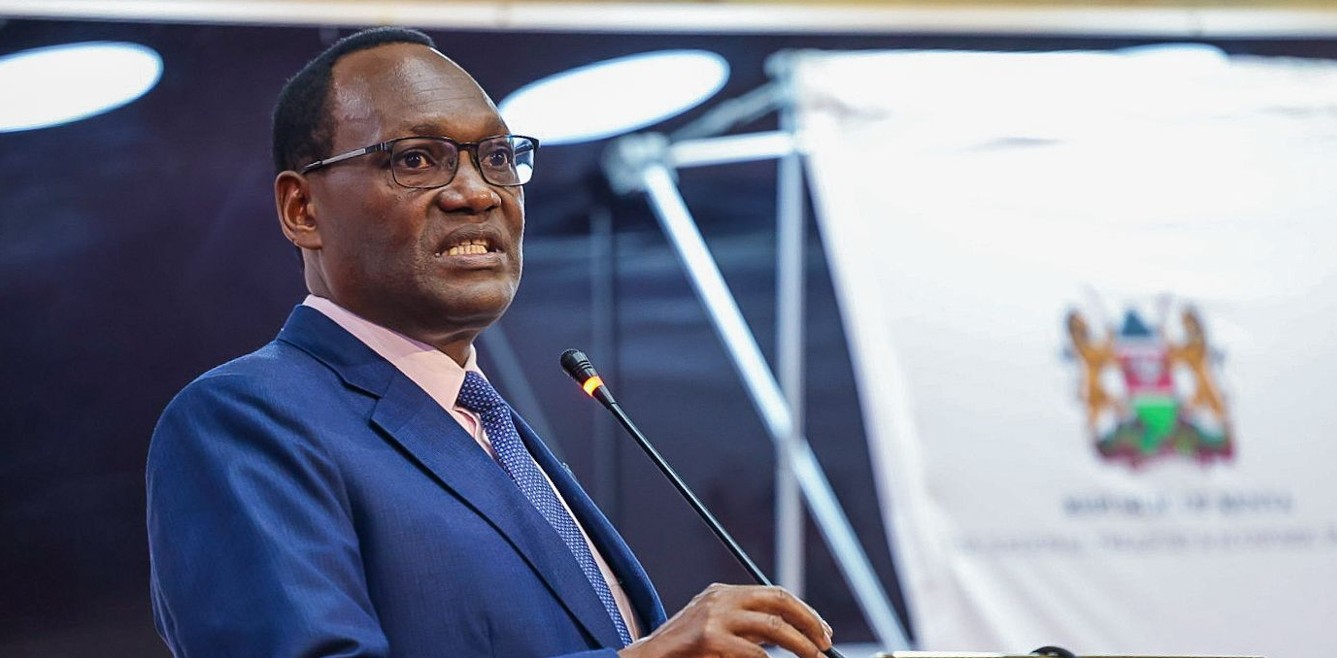Sh74 million German scholarship beneficiaries may not exist - Audit report

The audit also uncovered irregular payments to students who had not yet been admitted to any institution.
At least 452 vocational training students listed as beneficiaries of a Sh74 million German-funded scholarship program may not exist, an audit has revealed, raising concerns over the management of the funds.
In a report tabled in Parliament, Auditor General Nancy Gathungu found no proof that the recipients of the funds were actual students, saying the State Department for Technical and Vocational Education and Training (TVET) failed to verify their identities before disbursing payments.
More To Read
- Auditor General warns Kenya Railways’ Sh569 billion loan default could burden taxpayers
- Audit uncovers Sh13 billion irregularities in Ketraco wayleave payments
- 20 firms fined Sh2.2 billion for failing to remit unclaimed financial assets
- Majority of Kenya’s unclaimed assets under Sh1,000 - Auditor General
- Auditor faults UDA for lacking proof of Sh2 billion land assets
- Billions locked in stalled county projects across the country - CoB Margaret Nyakang'o
"Management did not provide evidence of measures taken to ensure that the 452 scholars were actually the intended beneficiaries," the report reads in part.
The audit also uncovered irregular payments to students who had not yet been admitted to any institution.
A total of 239 students received funds despite their reporting dates and school placements remaining uncertain.
Of these, 102 were still waiting for placement by the Kenya Universities and Colleges Central Placement Service, while 137 had no admission letters.
"It was not clear why funds were released for the benefit of the 239 scholars whose schools and reporting dates had not been confirmed," the report adds.
Gathungu also faulted the department for failing to provide an updated status report on the beneficiaries, raising doubts about whether the funds reached the intended students.
The lack of a budget allocation for monitoring and supervision further weakened accountability in the program.
"In the circumstances, the effectiveness of the supervisory role of the state department in the implementation of the project could not be confirmed," she said.
Compounding the issue, the programme faced an underfunding of Sh85 million, 53 per cent of the total budget.
The department attributed this to delays in placing students in relevant institutions.
With millions in public funds unaccounted for, the findings have put the management of the scholarship programme under intense scrutiny, raising questions about transparency in the disbursement of education funds.
Top Stories Today













































